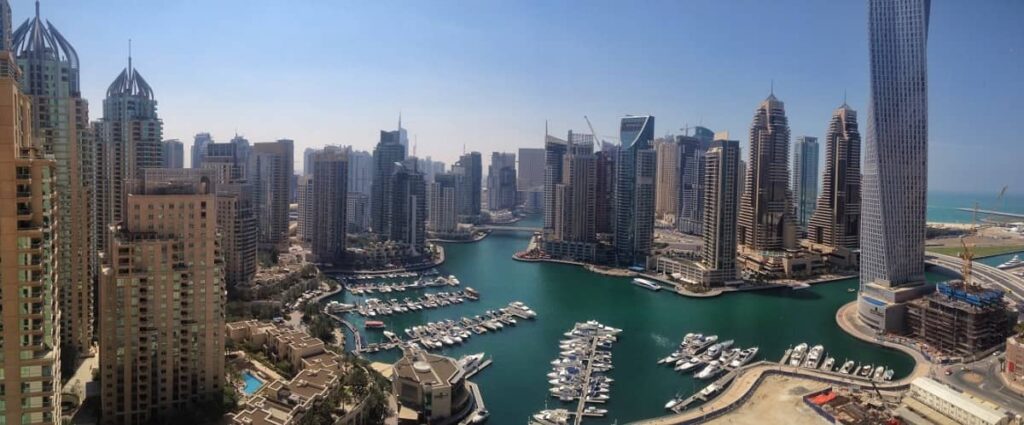Dubai’s real estate market will no sooner recover this year as the COVID-19 blew off 2020 will continue to resound in the economy, S&P Global Ratings said.
Since the Covid pandemic began, the property area has been stifled. The oversupplied market has seen an expanded number of void homes attributable to the departure of exiles after work misfortunes.
Despite the fact that business activity has expanded lately as purchasers exploited low costs, the market is still lower than where it was in 2019.
“Key sectors in Dubai, particularly real estate… will likely remain under pressure for the next 12 to 24 months,” S&P said in a report released on Monday.
“The residential real estate recovery would be led by a cutback of new supply, assuming new launches by developers remain minimal, low mortgage interest rates that encourage residents to buy property rather than rent [and] declining prices that make investing in Dubai’s residential property attractive,” it added.
Standpoint for private, retail land
Property sales deals volumes this year will stay strong and this will be driven mainly by cheaper costs. Among the residential properties in the market, villas will be more appealing to investors, as buyers get towards larger homes during the pandemic.
Inside the retail section, the recuperation could be controlled by a weak travel industry movement, which isn’t relied upon to get back to pre-pandemic levels in 2021.
Moderate financial bounce back and low shopper certainty adversely influencing optional spending, just as expanded rivalry among retailers as new shopping centers will be conveyed, will likewise hinder the retail land recuperation.
S&P additionally expects lease help measures to keep prompting decreases in incomes and profit of property designers, while “turnover rents” will turn into a more normal element in leases.
In any case, there will be dramatic development in web-based shopping and omnichannel trade, which may help retail occupants support deals.
Office
Inside the workplace real estate market, S&P said the recovery would be driven by Dubai staying a key business objective in the Gulf Cooperation Council (GCC) locale.
There will be a rise in the request for office space from fintech companies, while employees in the country are awaited to come back to physical offices faster than their coworkers over the globe.
“We expect ongoing polarisation of rents and occupancy, with Grade A spaces benefitting relative to the rest of the market, the continued rationalization of office spaces as more companies opt for work-from-home for the long term [and] co-working spaces to continue disrupting the market for traditional office space,” S&P said.
Hotels
Recuperation inside hotel land could be affected if travel limitations forced around the planet won’t be lifted soon.
The delivery of new hotel projects will likewise support the stockpile, which will probably cause a lofty increase in competition.
“We expect domestic demand to increase but not sufficient to compensate for the loss of international tourism. Beachfront and tourism hotels should fare better than business hotels,” S&P said.
What will for the time being help on the pressure on average daily rates and occupancy will be Dubai’s hosting of the World Expo, which is set to commence in October this year.
While the huge stockpile of excess remaining parts a worry, Dubai is probably going to see in excess of 41,000 new apartments and villas turned over this year, as indicated by Asteco. In the workplace space area, there will be an extra stockpile of 1.5 million square feet.
With the inventory expected to expand, Asteco said rental rates will probably keep on being feeling the squeeze this year.
